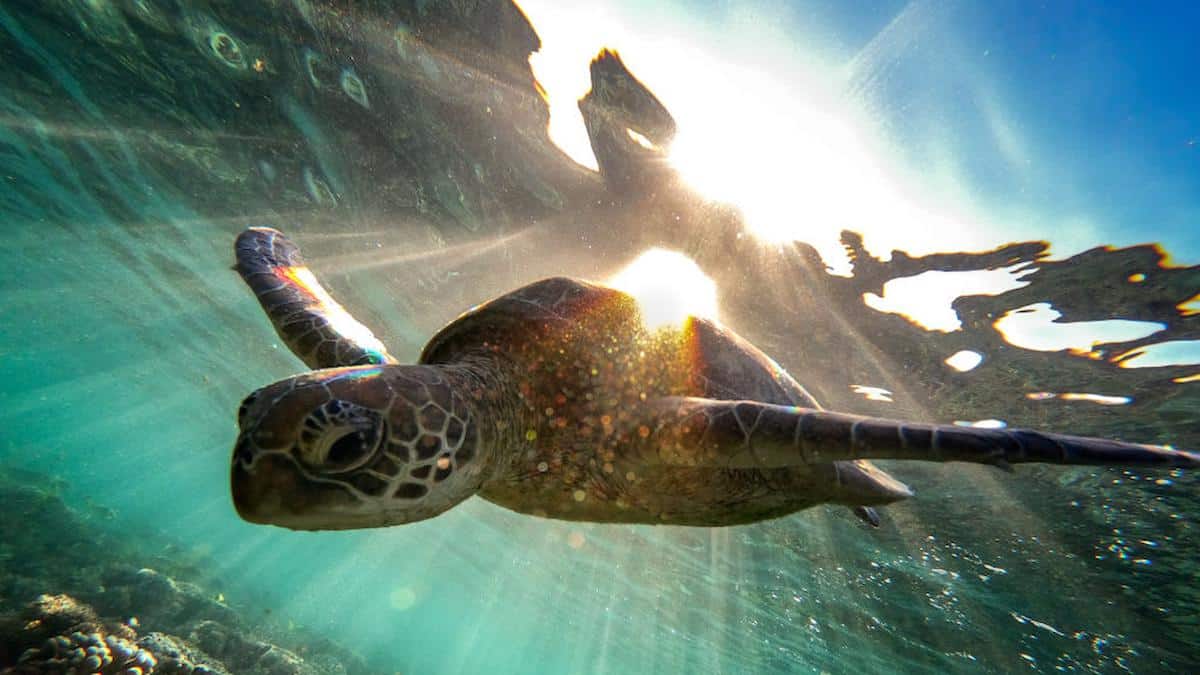
Australian Government Expresses ‘Bewilderment’ Over UNESCO’s Threat to Downgrade Status of Great Barrier Reef

The UN World Heritage Committee has proposed to downgrade the Great Barrier Reef‘s World Heritage status due to climate change and the Australian government isn’t happy about it.
The World Heritage Committee is a group of 12 nations, chaired by China.
If the status of the reef is downgraded, it can affect the tourism revenue for Australia, as tourists aren’t as interested in seeing dead coral, according to AP News.
In a draft report, the committee said “there is no possible doubt” that the once colorful coral reefs off the coast of Australia are “facing ascertained danger,” according to AP News.
UNESCO plans to list the Great Barrier Reef as “in danger.” The question of status is to be considered in China this July, according to AP News.
“The recommendation from Unesco is clear and unequivocal that the Australian government is not doing enough to protect our greatest natural asset, especially on climate change,” said Richard Leck, head of oceans for the World Wide Fund for Nature-Australia according to the BBC.
Environment Minister Sussan Ley said that she and Foreign Minister Marise Payne called Unesco Director-General Audrey Azoulay to communicate Australia’s “strong disappointment” and “bewilderment” about the proposal.
Ley said Australia will oppose the listing.
Imogen Zethoven, Australian Marine Conservation Society environmental consultant, embraced the committee’s notion that “Australia hasn’t done enough on climate change to protect the future of the reef,” according to AP News.
Of the list of World Heritage reefs, the Great Barrier Reef could be the first to be listed as “in danger,” primarily due to climate change reasons, Zethoven said, according to AP News.
Unesco pointed out that targets to improve the water quality in the reefs had not been met, according to the BBC.
“This decision was flawed. Clearly there were politics behind it,” Ley told reporters, according to AP News. “Clearly those politics have subverted a proper process and for the World Heritage Committee to not even foreshadow this listing is, I think, appalling.”
The 2,500 reefs have been World Heritage-listed since 1981, but the health of the coral reefs has been in danger because of rising ocean temperatures and climate change.
The 134,000 square miles of reefs have suffered coral bleaching events as a result of exceedingly warm ocean temperatures in 2016, 2017 and 2020.
Australia’s own reef authority downgraded the reef’s condition from poor to very poor in its five-year update in 2019.
If the reef is listed as “in danger” it can potentially increase publicity and help unlock access to funds, according to the BBC.
Audrey Nakagawa is the content creator intern at EcoWatch. She is a senior at James Madison University studying Media, Art, and Design, with a concentration in journalism. She’s a reporter for The Breeze in the culture section and writes features on Harrisonburg artists, album reviews, and topics related to mental health and the environment. She was also a contributor for Virginia Reports where she reported on the impact that COVID-19 had on college students.

 233k
233k  41k
41k  Subscribe
Subscribe 